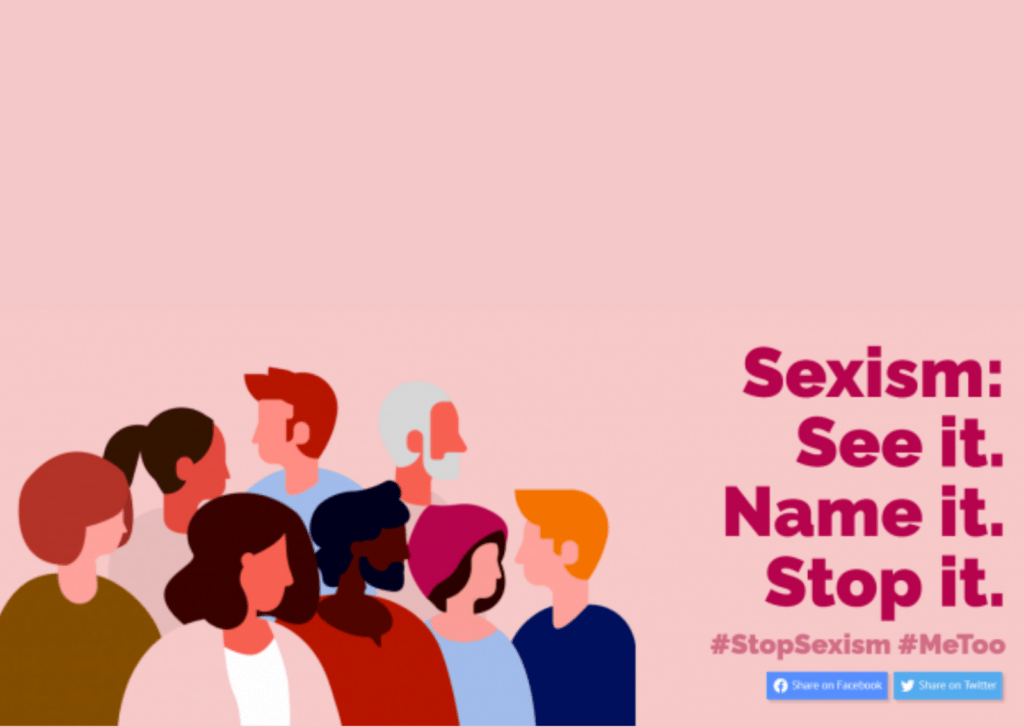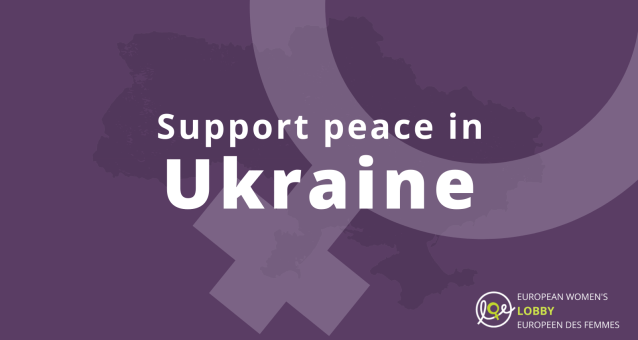In Ireland, the Mobilise Against Sexism project supported by the Council of Europe has been implemented by the National Women’s Council of Ireland (NWC), EWL’s national coordination in the country.
The National Women’s Council (NWC) has been seeking to ensure that gender becomes a protected category in any new hate crime legislation.
The privacy and dignity of women continues to be shockingly violated, and campaigners who seek to address and highlight these violations are subsequently targeted themselves with threats and intimidation. The NWC wants to highlight the need for legislation for the wide pattern of behaviours that result in abuse and hate.
In the context of the Mobilise Against Sexism project, in October of 2020 the NWC held two events specifically addressing targeted sexist and racist attacks on women in public life. With the National Traveller Women’s Forum and AkiDwa, the webinar ‘Women and Racism’, highlighted the need for Hate Crime Legislation that included misogyny. In partnership with the European Parliament, the ‘Women in Politics: Online Abuse’ highlighted the wider implications for democracy when many women do not run for office out of fear of being abused and harassed, because they are women. Speakers highlighted that women in politics are much more likely to experience serious and unrelenting online abuse just for the fact that they are a woman speaking out. For women from minority backgrounds, issues such as racism and homophobia often compound sexist abuse. The collective impact of these gender-targeted actions affects all women, creating overall hostile public fora.
This gender-based targeting of women and girls is recognised by the Istanbul Convention, and article 40 requires states to, “take the necessary legislative or other measures to ensure that any form of unwanted verbal, non-verbal or physical conduct of a sexual nature with the purpose or effect of violating the dignity of a person, in particular when creating an intimidating, hostile, degrading, humiliating, or offensive environment, is subject to criminal or other legal sanction (our emphasis)”.
In addition, the Council of Europe Recommendation on Preventing and Combating Sexism (CM/Rec 2019) calls for specific actions including hate crime legislation to mobilise against sexism in Europe.
The NWC believes that gender-related hate crime must be accurately identified through the criminal process. This will ensure that a hate element is recognised and addressed from the point of recording, to the point of sentencing and post-conviction processes.
Naming gender as a protected ground would make it more culturally acceptable to object to the behaviour; would recognise the additional harm caused to the individuals involved and others who identify with them; would have a symbolic value through delivering a clear societal message; would allow for important record keeping, collection of data, and targeted responses to offenders.
To learn more about EWL’s collaborative Mobilise against sexism project and its implementation in other European countries click here.
To learn more about the Council of Europe’s campaign See it. Name it. Stop it. click here.



